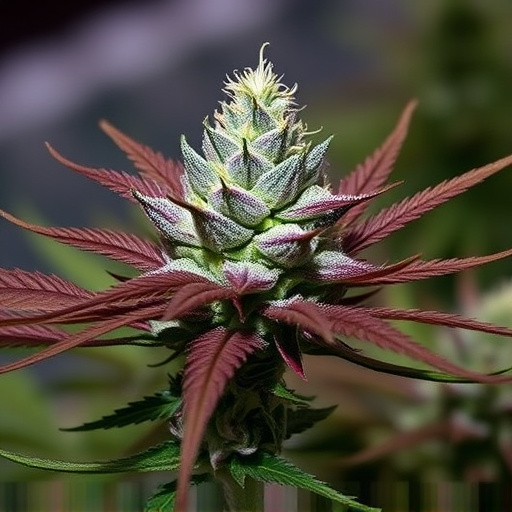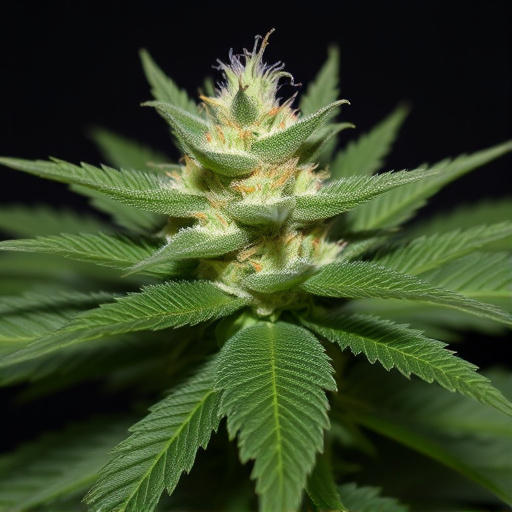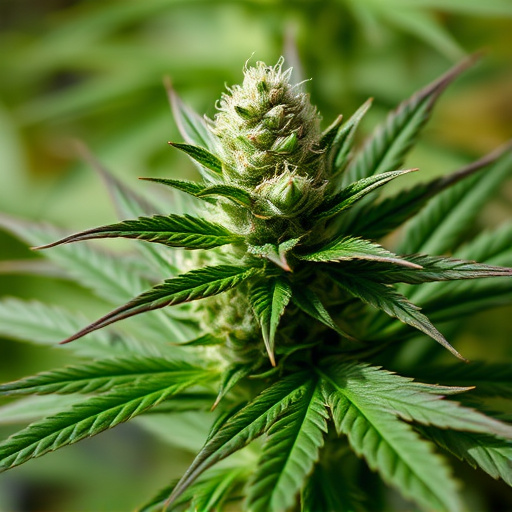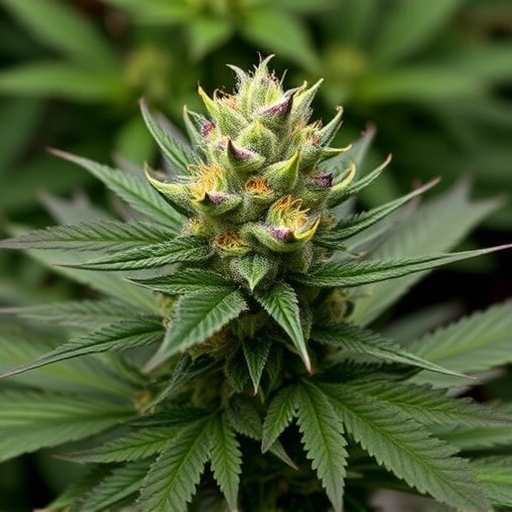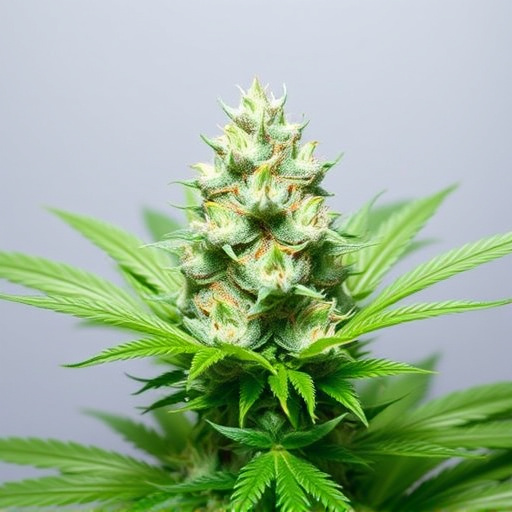Every person's body processes cannabis differently due to genetic variations, affecting how long THC (and other cannabinoids) remain detectable. Factors like age, weight, health, and genetics all play a role in these differences, making it crucial to understand individual metabolisms when considering cannabis use for privacy or specific purposes. Choosing the 'best' cannabis strains with balanced THC-CBD profiles can offer more predictable detection times, as standard windows vary greatly among individuals.
“Unraveling the mysteries of cannabis detection times is a complex dance between biology, chemistry, and external influences. This article delves into the intricate factors that dictate how long cannabis remains detectable in an individual’s system, with a focus on metabolism, strain characteristics, and testing methods. From genetic predispositions to consumption frequency, and from THC levels to environmental conditions, understanding these variables is key to navigating the world of cannabis, especially when seeking the best cannabis strains for specific needs.”
- Metabolism and Individual Variations
- – Genetic factors influencing metabolism
- – Age, weight, and overall health impact
Metabolism and Individual Variations
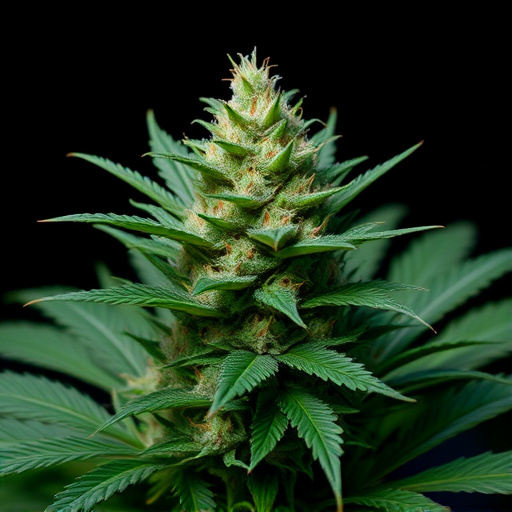
Every individual’s metabolism is unique, which can significantly impact how quickly their bodies process and eliminate cannabis. This natural variation means that two people can consume the same amount and quality of the best cannabis strains and experience different detection times. Metabolic rate plays a crucial role in determining how fast THC (the primary psychoactive compound) is metabolized into carbon dioxide and excreted from the body. Faster metabolism leads to quicker elimination, resulting in shorter detection windows. On the other hand, slower metabolism can extend the time THC remains detectable.
Understanding these individual variations is essential when considering cannabis use for various reasons, especially as different individuals may have differing needs and expectations regarding privacy and test outcomes. Factors such as age, weight, overall health, and genetic predispositions all contribute to this natural diversity in metabolism.
– Genetic factors influencing metabolism
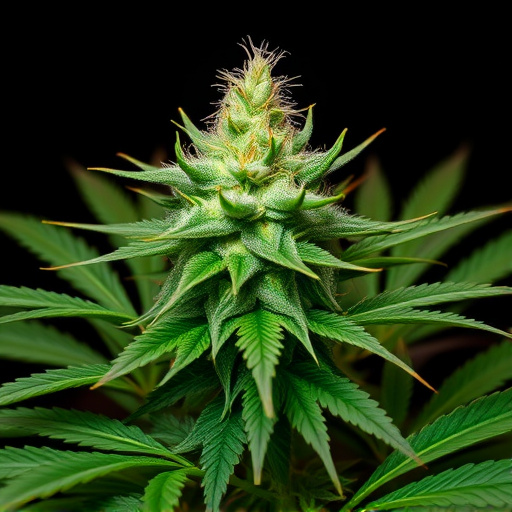
Cannabis metabolism, and thus detection times, can be significantly influenced by genetic factors. Different individuals have varying metabolisms due to their unique genetic makeup, which impacts how quickly and efficiently their bodies process cannabinoids like THC (tetrahydrocannabinol) and CBD (cannabidiol). This genetic diversity means that what works as a benchmark for one person’s detection window might not apply to another. For instance, some individuals may metabolize cannabis faster, leading to shorter detectable windows in their urine or blood samples, while others might have slower metabolism, resulting in longer periods where these compounds can be identified.
Understanding these genetic variations is crucial when considering the ‘best’ cannabis strains for different users. While certain strains are known for having higher THC levels, which might impact detection times, individual genetic factors play a more significant role in determining how long cannabinoids remain detectable. Therefore, choosing a strain based on its reputation for affecting detection periods may not be as effective as tailoring choices to an individual’s specific metabolism.
– Age, weight, and overall health impact
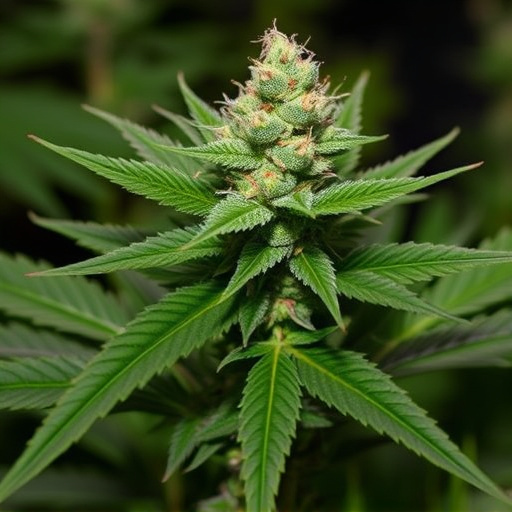
Cannabis detection times can vary significantly based on an individual’s age, weight, and overall health. Younger individuals typically metabolize cannabis faster due to their more efficient liver function and higher new cell growth rates, leading to shorter detection windows. Conversely, older adults may experience longer detection periods as their livers process drugs less efficiently with age.
Body composition also plays a role; individuals with lower body mass often clear cannabis faster than those with higher fat content. This is because fat cells can retain cannabinoids for extended periods. Consequently, choosing the best cannabis strains tailored to an individual’s needs and characteristics can influence detection times. Strains known for their balanced THC-CBD profiles may provide a more predictable metabolism, aiding in managing expected detection windows.
Understanding the factors that influence cannabis detection times is crucial for both individuals and legal professionals. Metabolism plays a significant role, with genetic variations and personal characteristics like age, weight, and health contributing to individual differences in processing rates. When considering the best cannabis strains, being aware of these variables ensures a more accurate assessment of potential detection windows. This knowledge can help users make informed choices and promote fair practices in cannabis-related legal matters.








